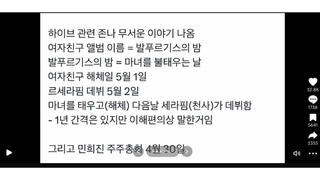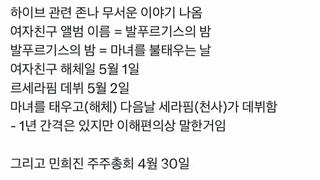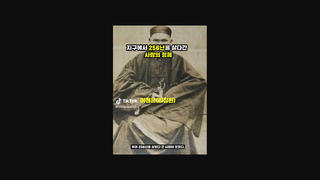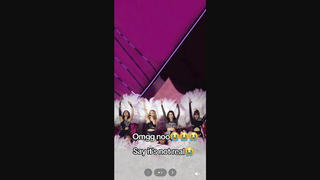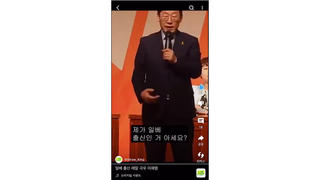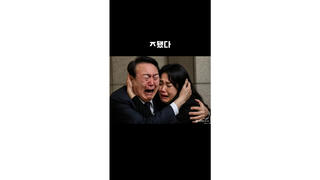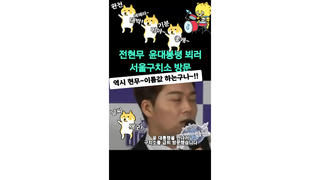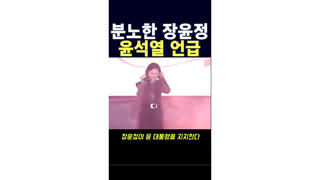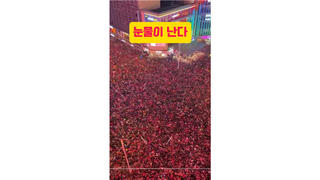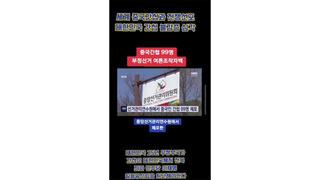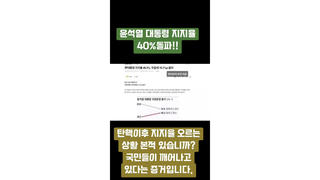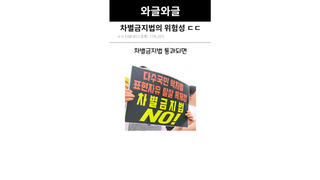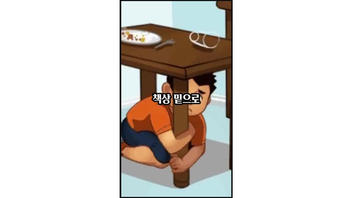
Is "Hide under a desk" not a suitable survival tip in case of an earthquake, in Korea? No, that's not true: It is still a valid suggestion, aimed to protect your life, even in urban environments where concrete buildings are the majority.
The claim appeared in a video (archived here) published on TikTok by @1minute_jisik, on June 15, 2023, under the title: "지진 발생시 책상 밑으로 들어가지 마세요" or "Do not hide under desks when an earthquake occurs," as translated from Korean by Lead Stories Staff. It opened:
There is a common tip for earthquakes, 'Hide under desks.' But, it does not work here.
This is what the post looked like on TikTok at the time of writing:
(Source: TikTok screenshot taken on Tue Jun 20 01:21:51 2023 UTC)
The video claims that even though we have been taught that way in school, Koreans should not hide under desks when an earthquake occurs, because of the concrete-dominated urban environment. It also claims that, since the "hide under a desk" rule comes from Japan, where most of the buildings are made of wood, it is not only not valid in Korea, but also more dangerous. The video suggests running away from the building because there is a risk of the building collapsing.
However, Korean government officials and disaster safety experts pointed out that the circulating claim does not help, but only creates confusion. In most situations, during an earthquake, it is recommended to immediately drop to the ground, cover your head and neck under a sturdy table or desk, and hold on until the shaking stops. The same advice is shared by the Korean Meteorological Administration's website, (Korea's national meteorological service), which also suggests hiding under a desk immediately and evacuating the building after the wave has stopped.


